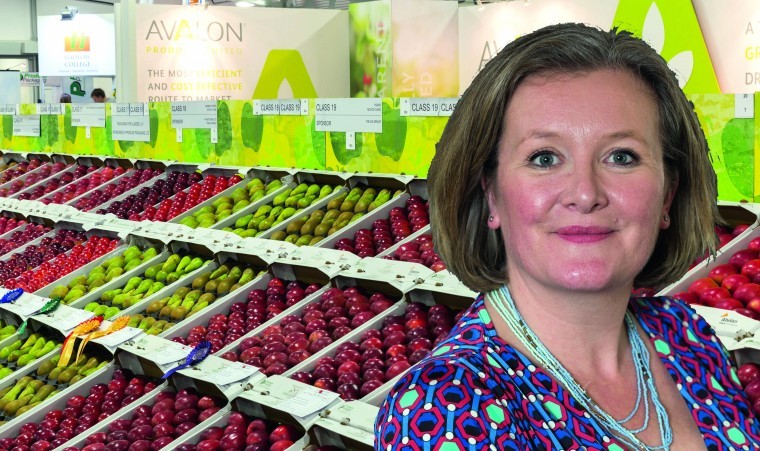With almost 250mm of rain from September to November and then an unprecedented 209mm in February 2020 (making it the wettest February on record), British orchards had a wet and soggy start to the growing year. This has resulted in small numbers of tree deaths being reported across the country.
The spring of 2020 brought yet more records. Over 600 hours of sunshine have made it the sunniest spring ever. In fact, it was so sunny that this spring has almost beaten our sunniest summers on record. Why am I not surprised?
We’ve only had three summers with more sunshine than the spring of 2020 – 1976, 1989 and 1995. As I write this in early August, the Met Office tells me that we will be hotter than the Caribbean for the remainder of the week. So what is this going to do to the top fruit crop?
Well, let’s hope that the warm weather will slow the growth in fruit size; with issues such as frost, hail and winds, the set crop has the prospect of a larger than average fruit size. One piece of really good news is that the warm weather during pollination and throughout the main part of the season means that fruit is going to taste great this year; we always make much of the benefits of our maritime climate, but sometimes it really pays off.
At the 2020 World Apple and Pear Association conference, I heard reports from around the continent that showed a very challenging set of problems; very damaging weather patterns, issues with the loss of plant protection products and extremes of temperatures have reduced the crop in many areas, young orchards are not delivering their potential volume increases and fruit sizes are not matching the optimum market placement.
The issue of reduced access to labour was raised by every delegate. In the USA there is an ongoing issue with border controls. New Zealand’s dependence on Pacific Islanders is going to cause them big issues when next harvest’s workers have to spend 14 days in a government hotel in quarantine before returning to their farms. Brazil does not know how its farms will recruit for the next harvest as they enter lockdown. Slovenia is still experiencing problems getting their workers out of Bosnia and Serbia. The list goes on…we are not alone.
The last of the national and international shows have now moved online. Keeping things positive, that does mean more opportunities to attend without the cost of travel and additional time away from work.
Interpoma in November, online for the first time, is promising new forums, increased machinery demonstrations and speakers from across the globe. The National Fruit Show is also heading online, and we are refusing to see the lack of physical show as a sadness. It has given us a great opportunity to add in a conference element at which we will bring in some big guns to help decipher incoming government policy.
In partnership with the Fresh Produce Journal, we even have a preview event at the beginning of the month at which we will be talking about overseas opportunities, demystifying the phytosanitary requirements of other nations that might love some British apples.
We’re also working with the Worshipful Company of Fruiterers to highlight all the new research they’ve supported and the brilliant Nuffield scholars they have sponsored. The competition will take place, tastiest apples judged and ciders supped and there will also be an online party to celebrate as we always do. Not sad, just different.




